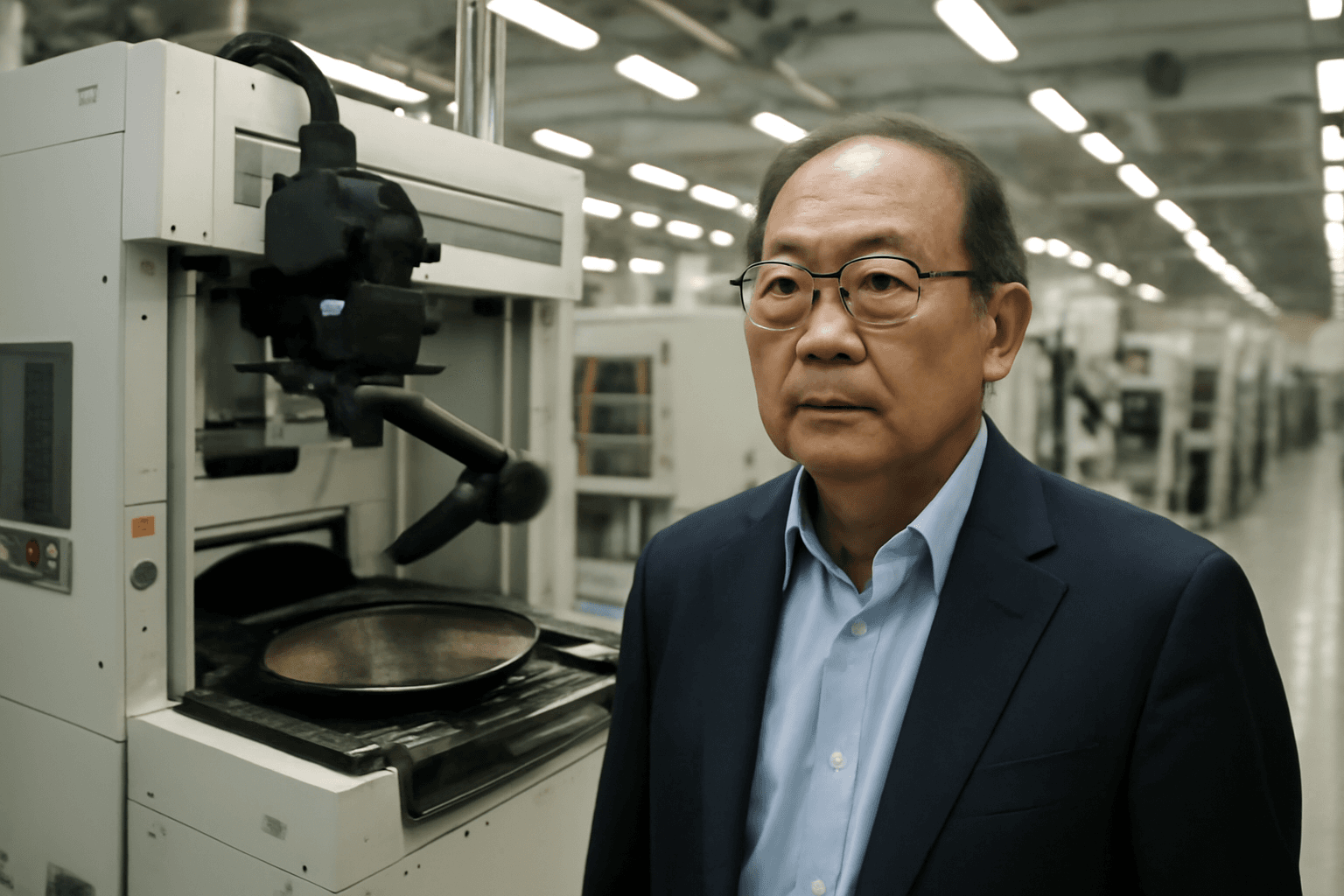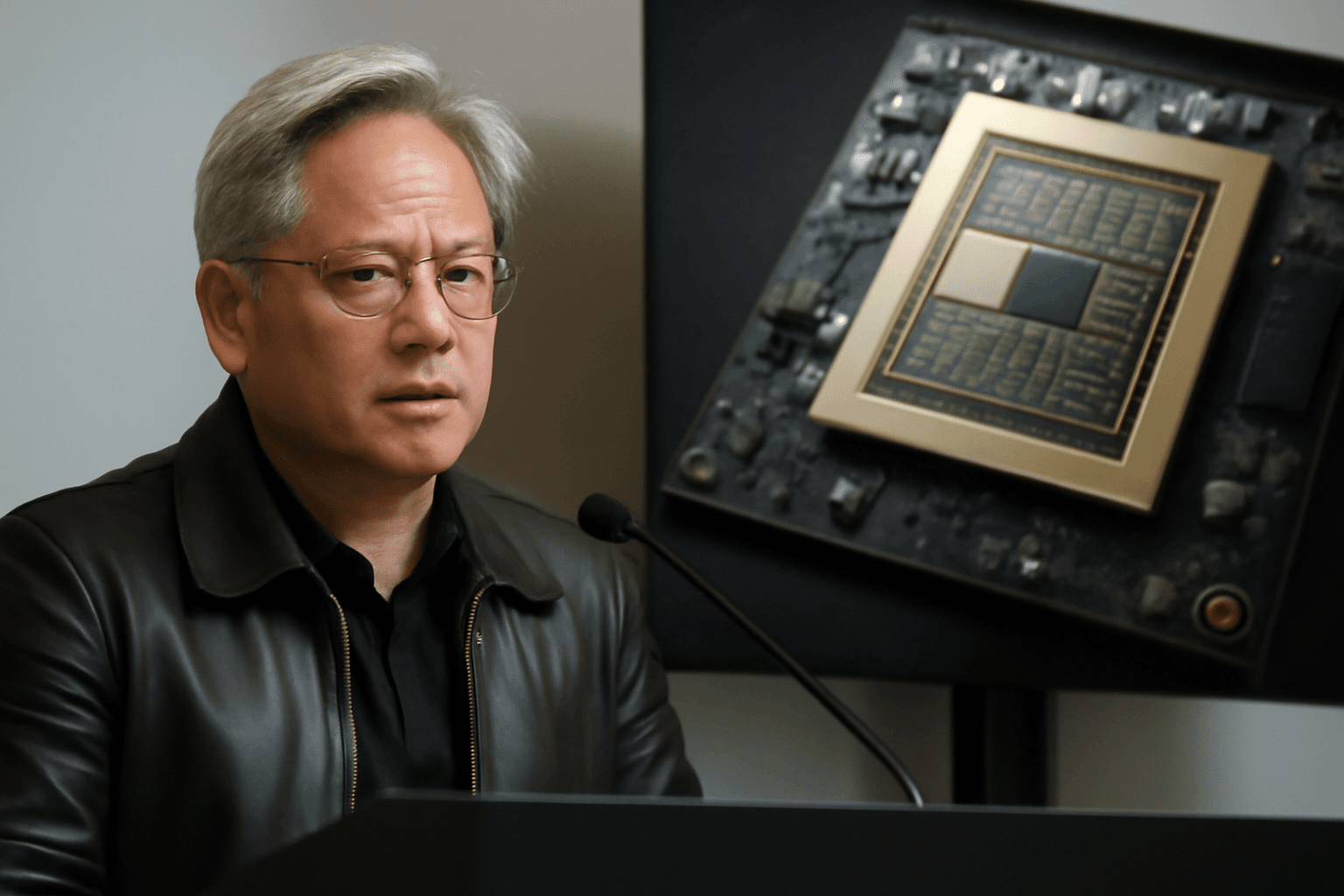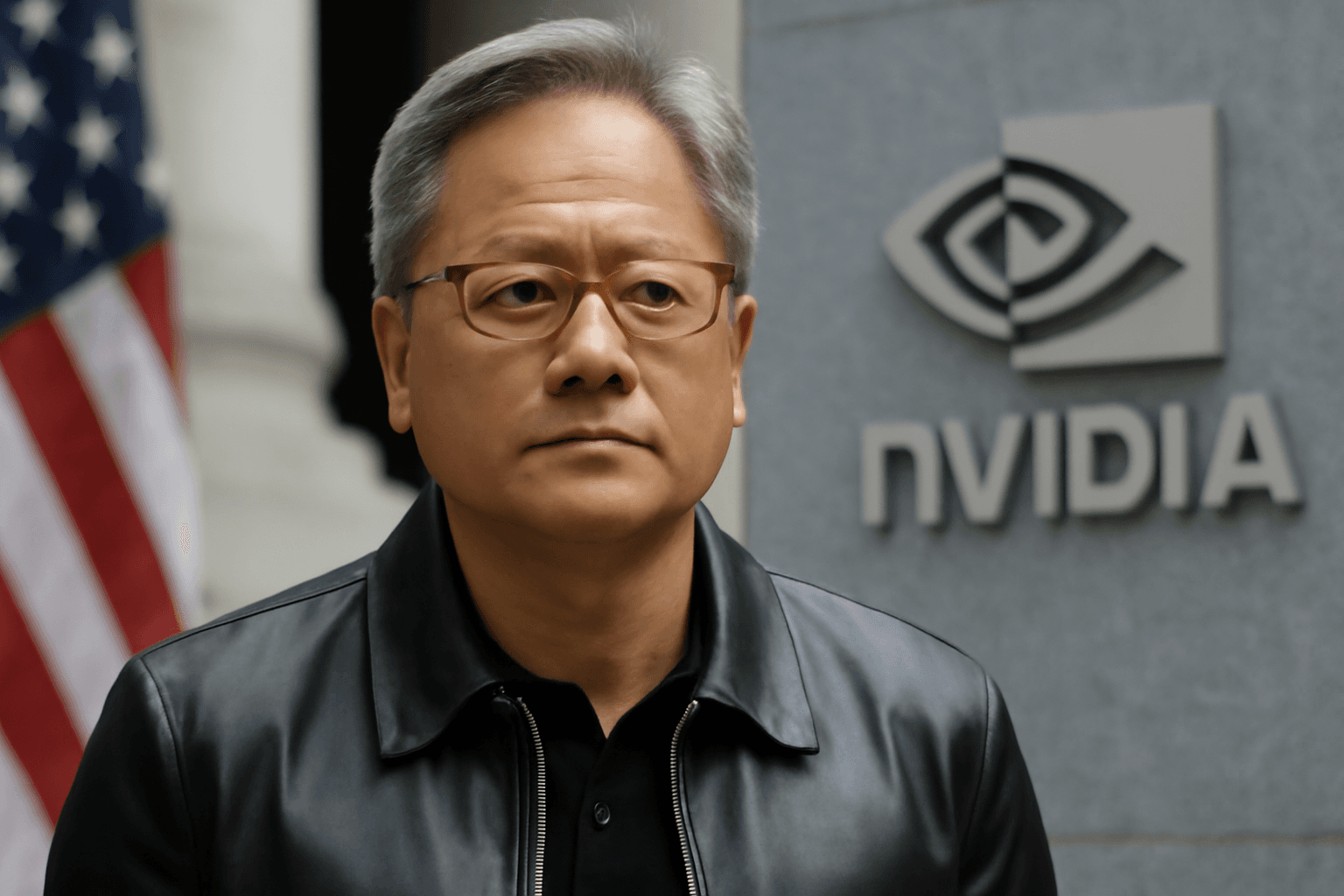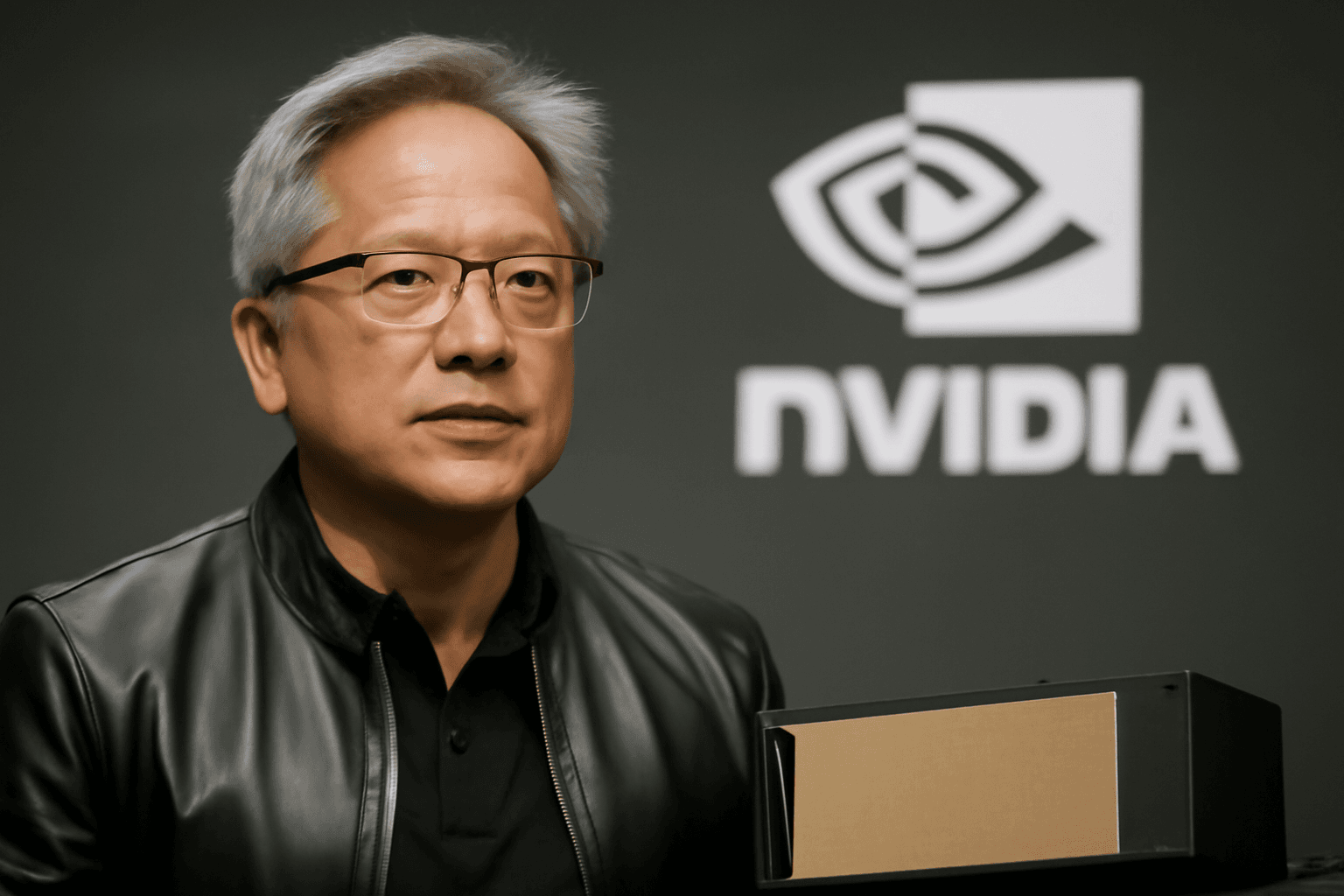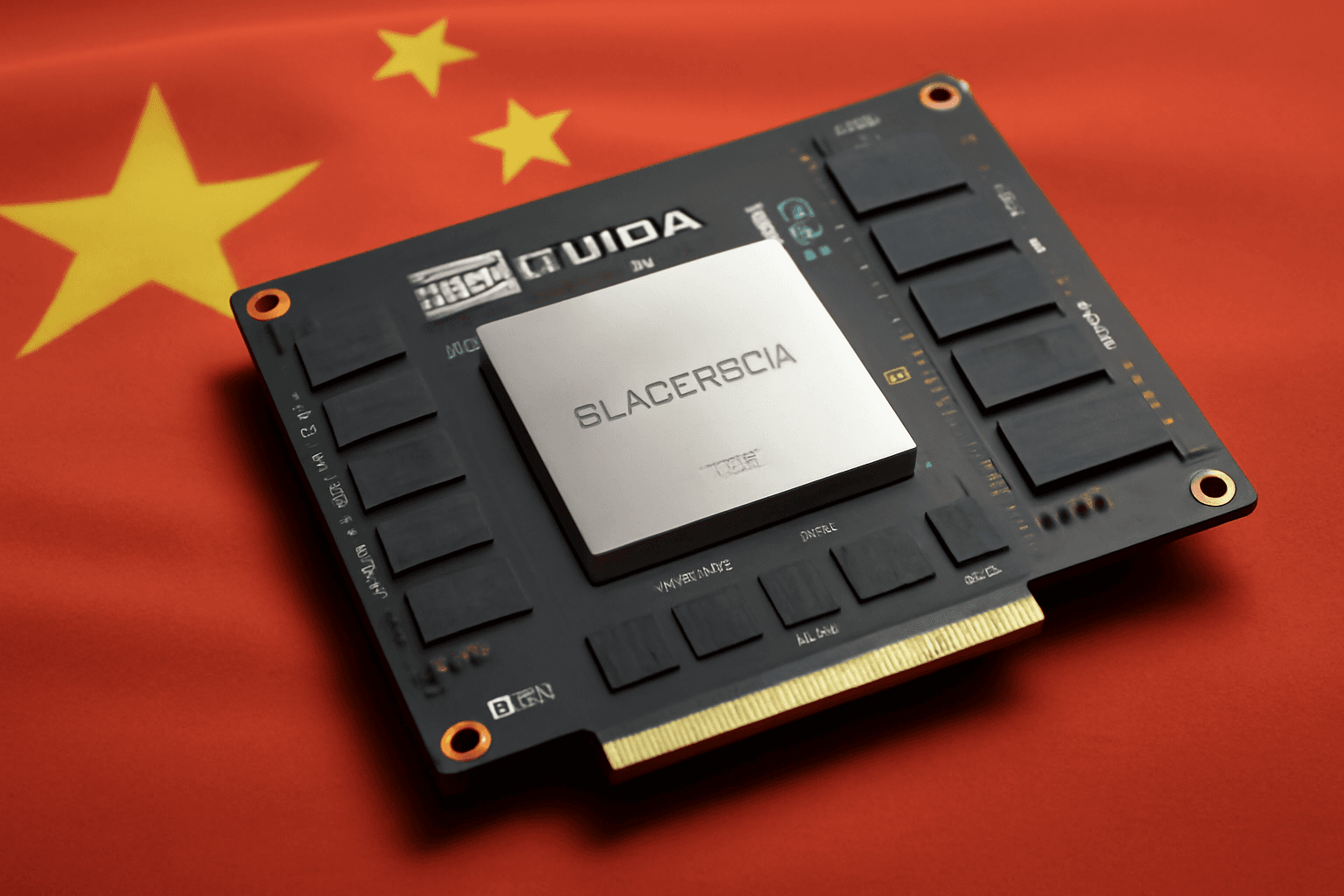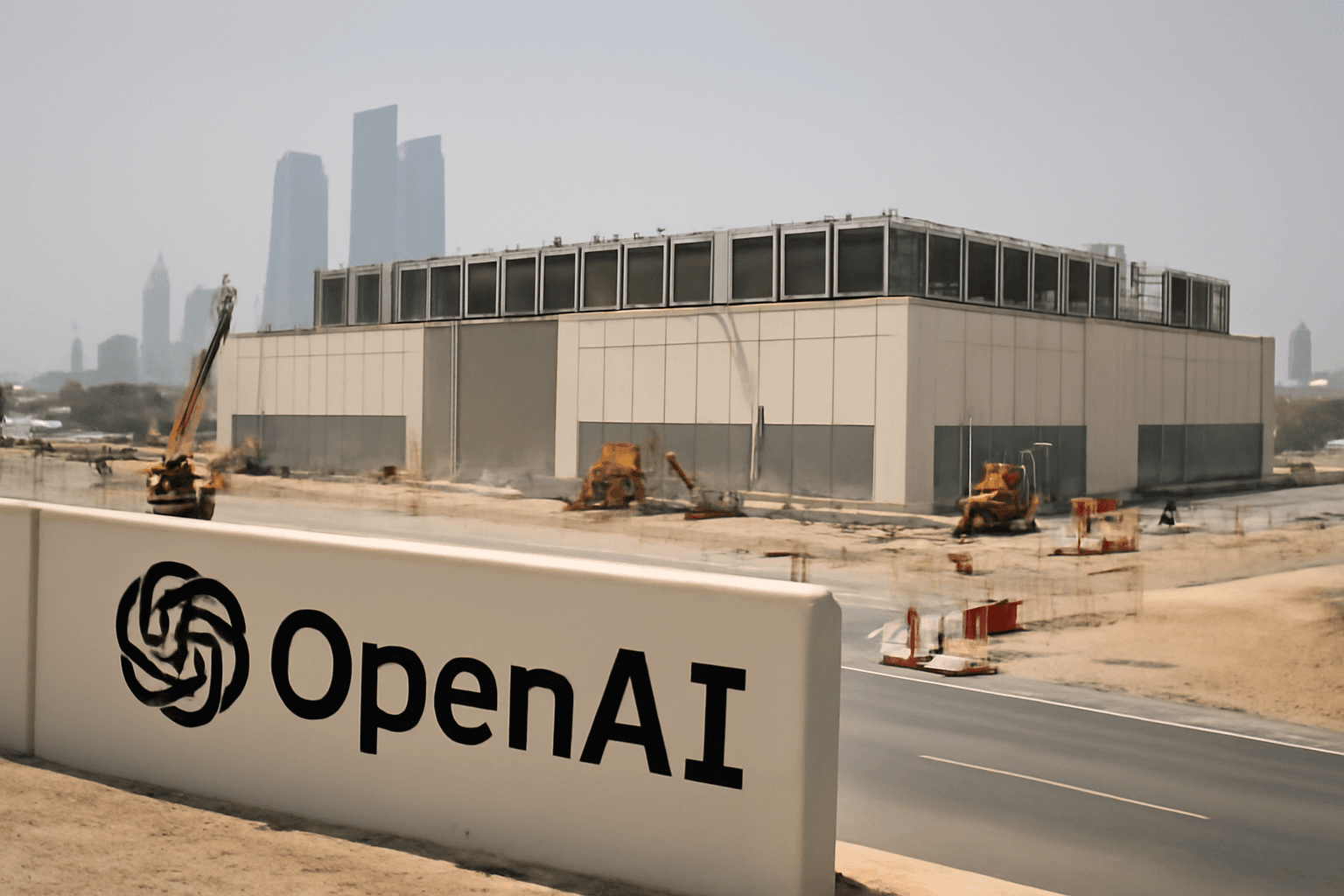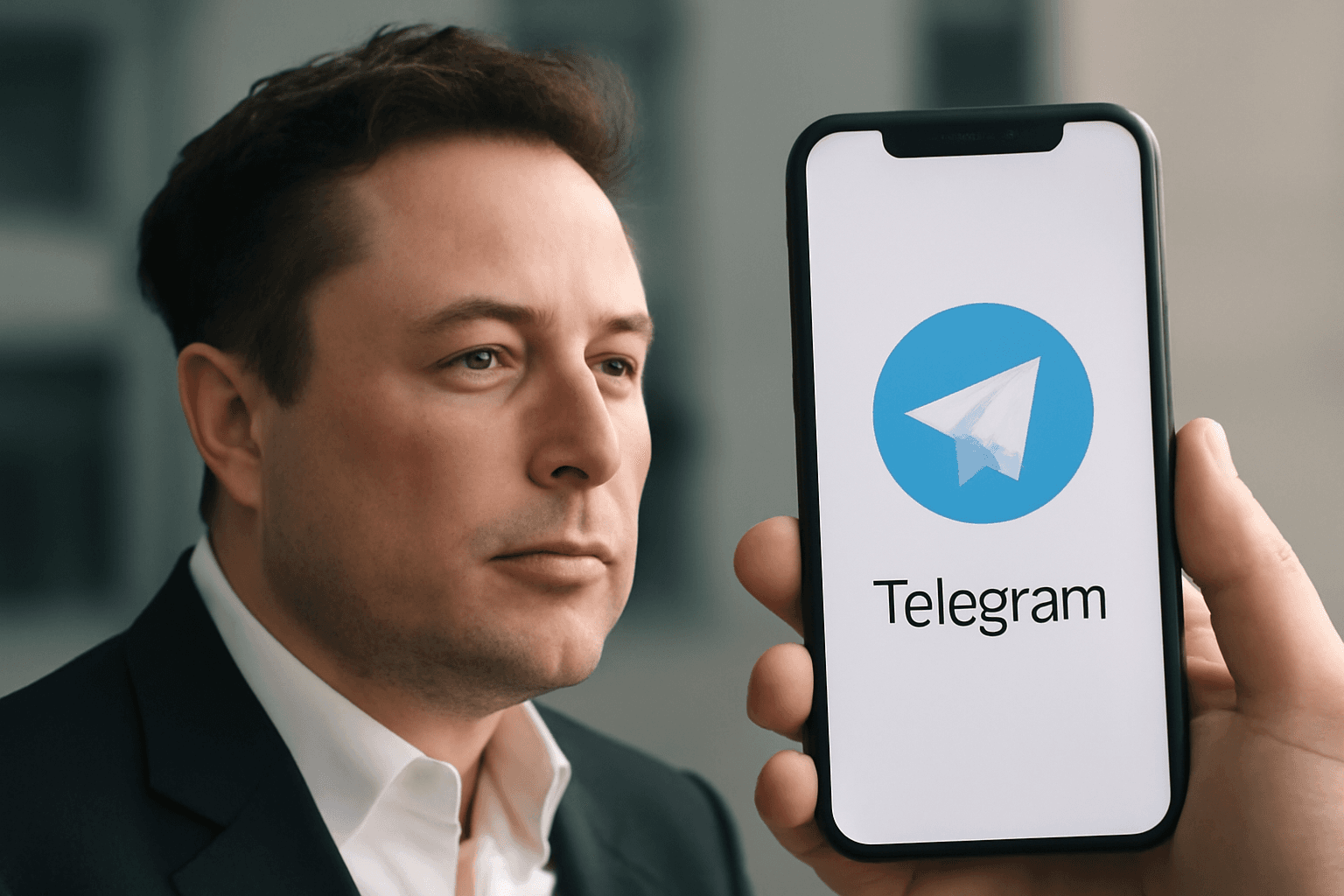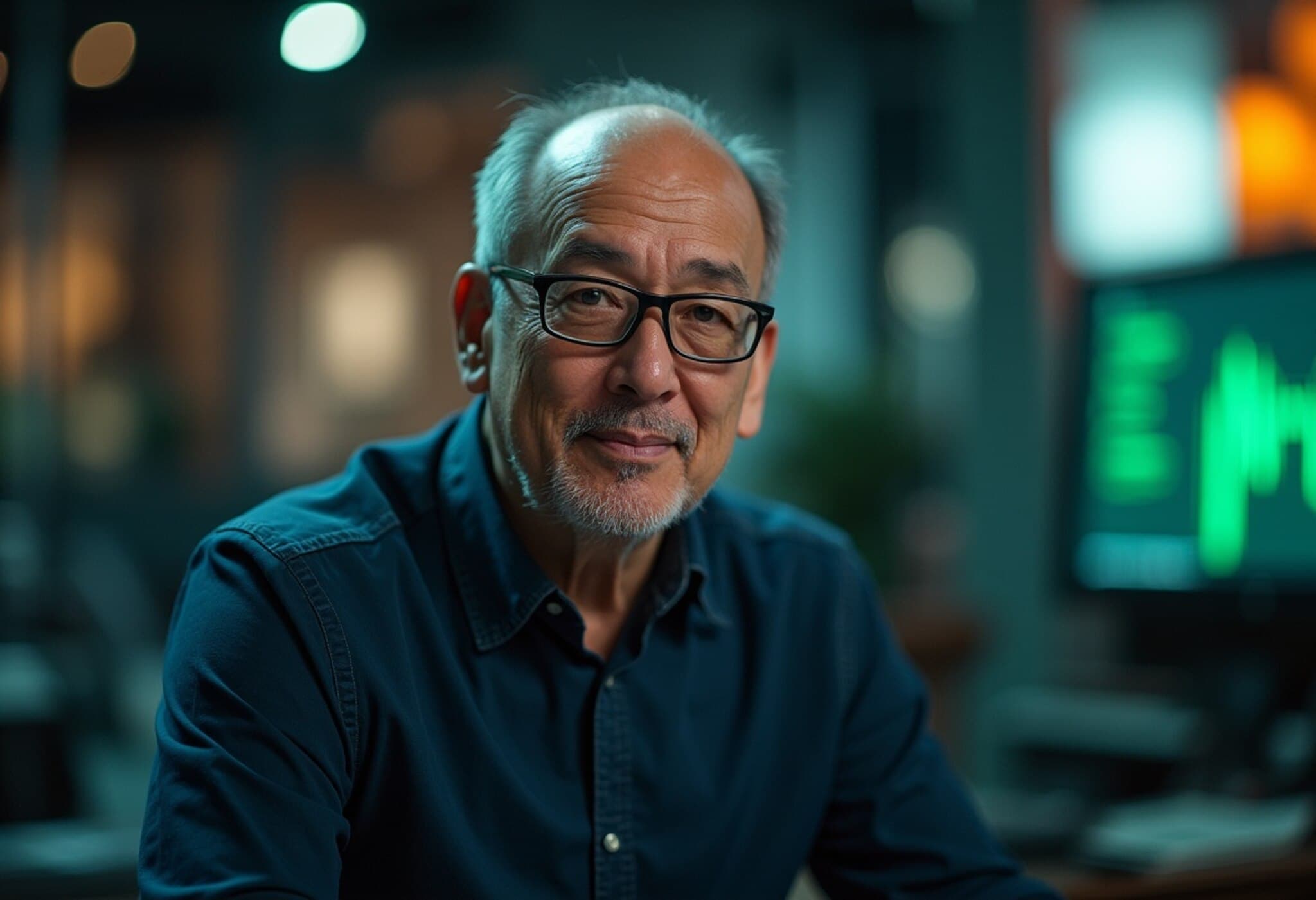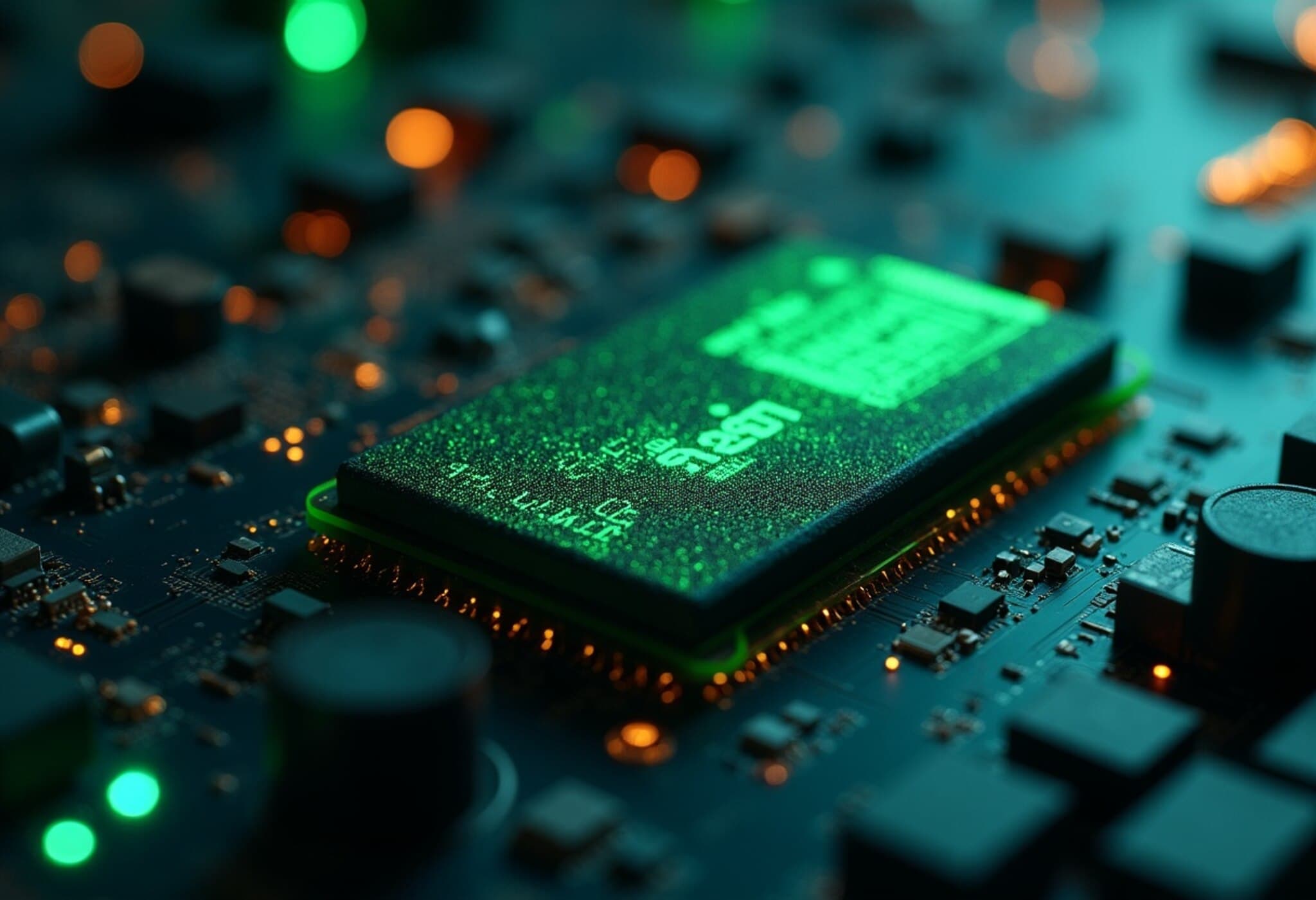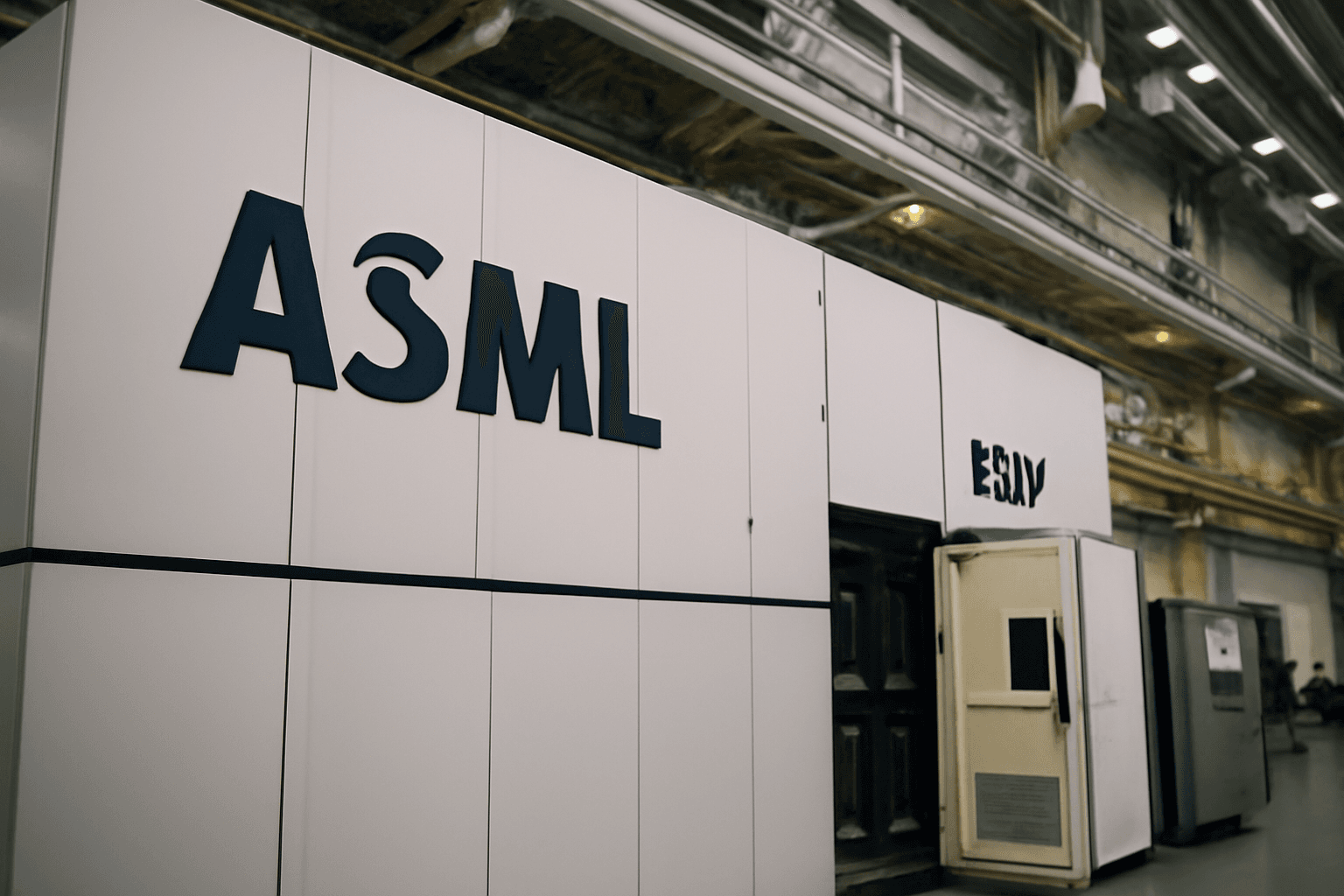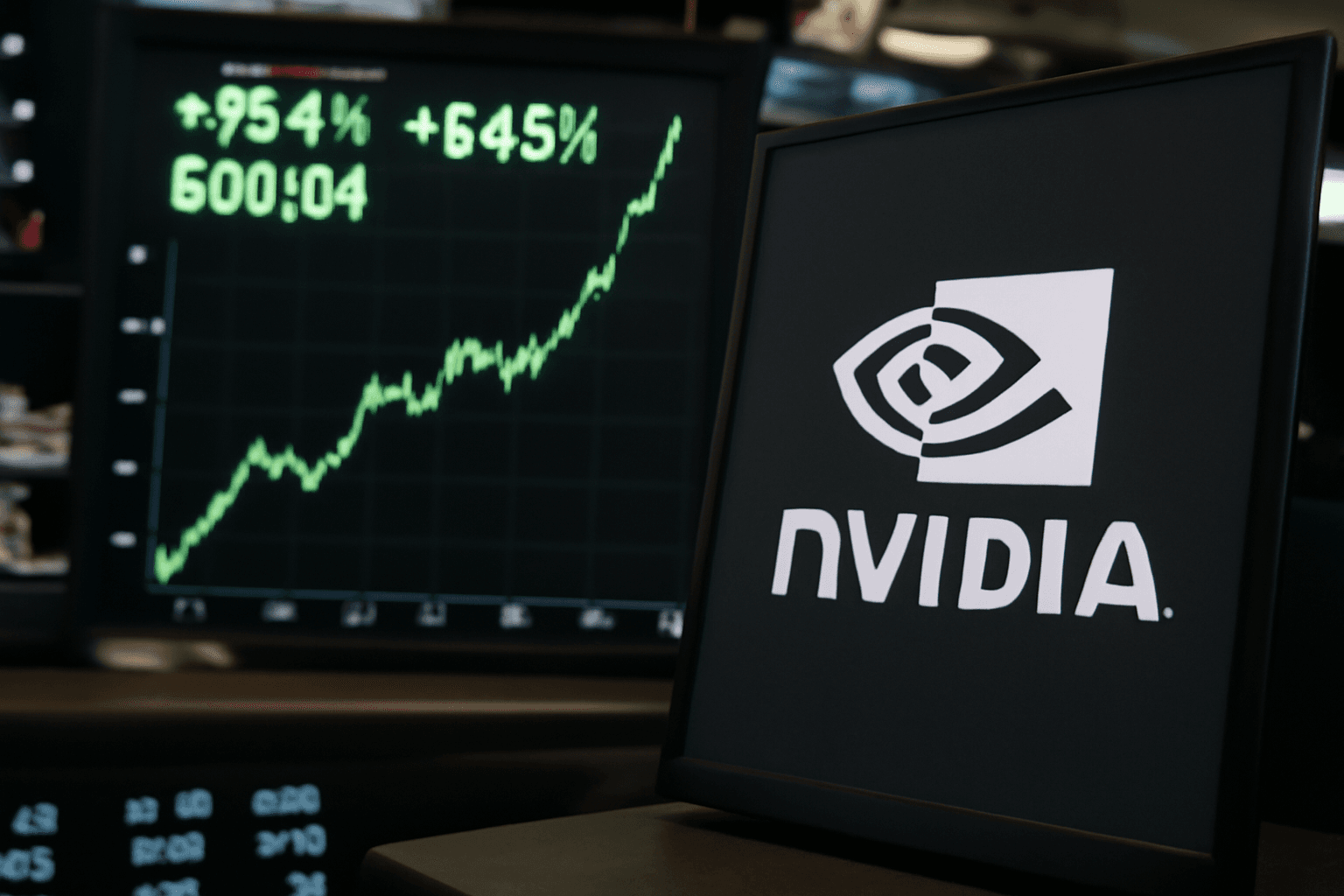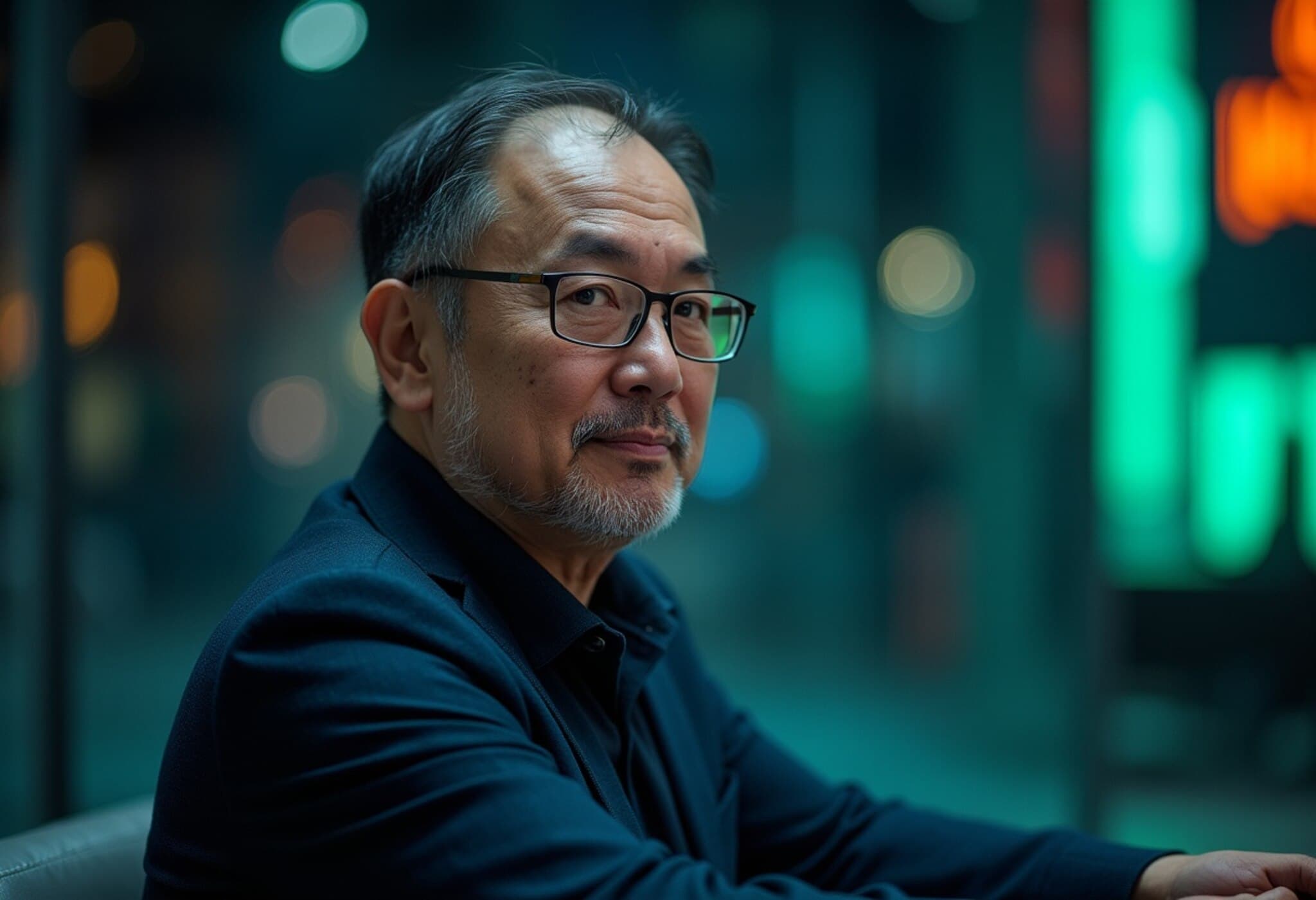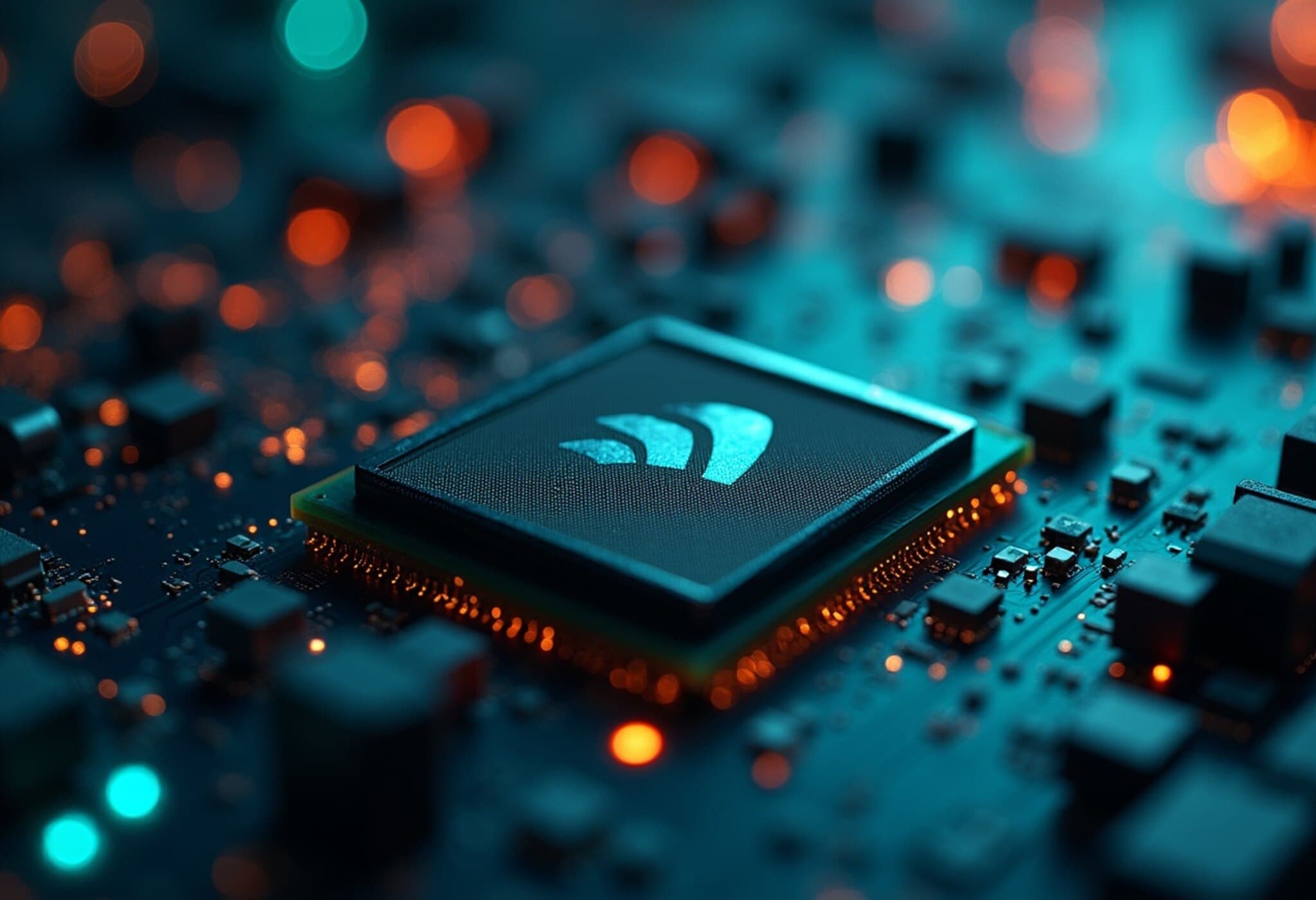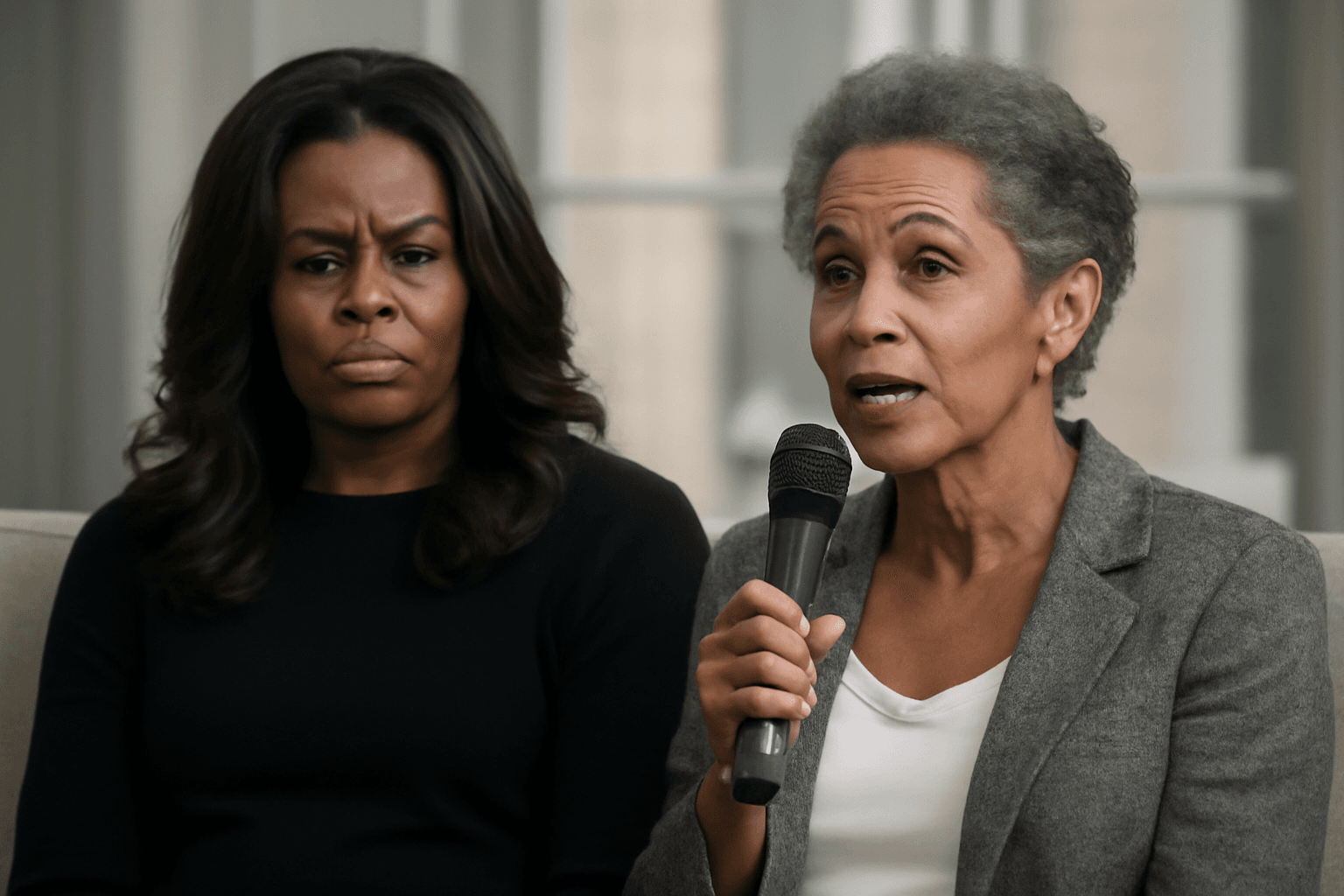Intel's CEO Lip-Bu Tan, who took the helm just over two months ago, is actively working to rejuvenate the tech giant's foundry business amid fierce competition and significant market shifts.
With over four decades in the semiconductor industry and former leadership roles at Cadence and venture capital investments in Asia, Tan brings substantial experience and networks. Despite this, Intel faces a challenging landscape, having lost roughly 70% of its market value since 2020 and struggling to maintain relevance as AI chips and competitors reshape the sector.
Tan has prioritized rebuilding trust with potential customers, emphasizing Intel's commitment to adopting industry standards, easing integration through improved design tools, and leveraging the company’s upcoming 14A chip technology designed specifically for external clients.
However, industry experts note that securing a major customer—such as Nvidia, Qualcomm, or Apple—willing to commit substantial volume production is critical to altering Intel’s growth trajectory and restoring confidence on Wall Street.
Intel’s CFO David Zinsner highlighted that while the recently developed 18A process was initially Intel-focused, future nodes will cater to external partners, marking an important shift to become a competitive foundry alternative to dominant players like Taiwan Semiconductor Manufacturing Company (TSMC).
Internally, Tan is streamlining operations by reducing bureaucracy, restructuring management to focus less on team size and more on productivity, and planning workforce reductions announced earlier this year. He insists on increased employee presence in offices and a culture aligned with efficient, customer-driven service.
Though Tan's measured public profile means no major customer deals have been announced yet, his strategic direction signals a strong resolve to reposition Intel as a pivotal player in chip manufacturing, focusing on building an open, service-oriented foundry ecosystem.

